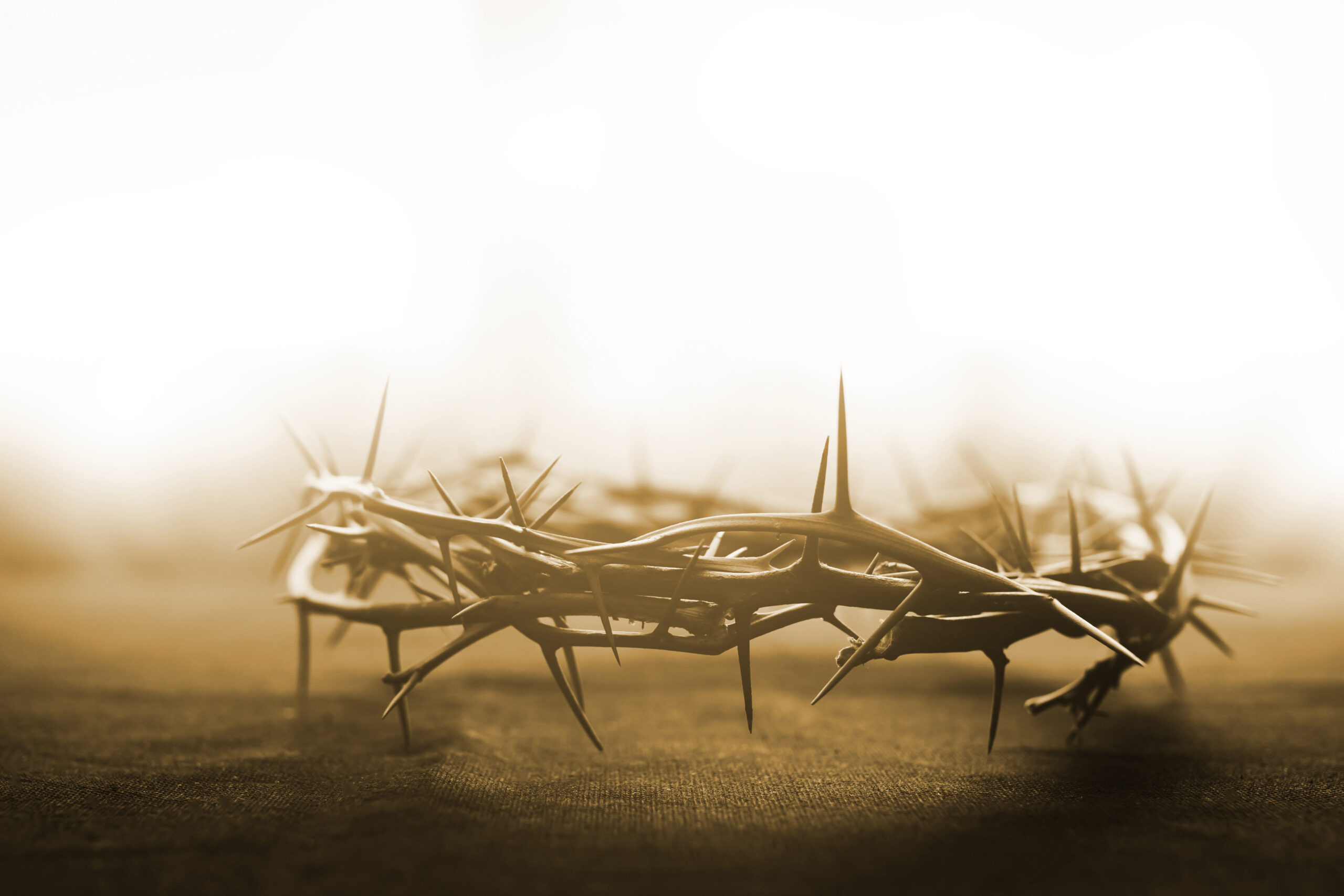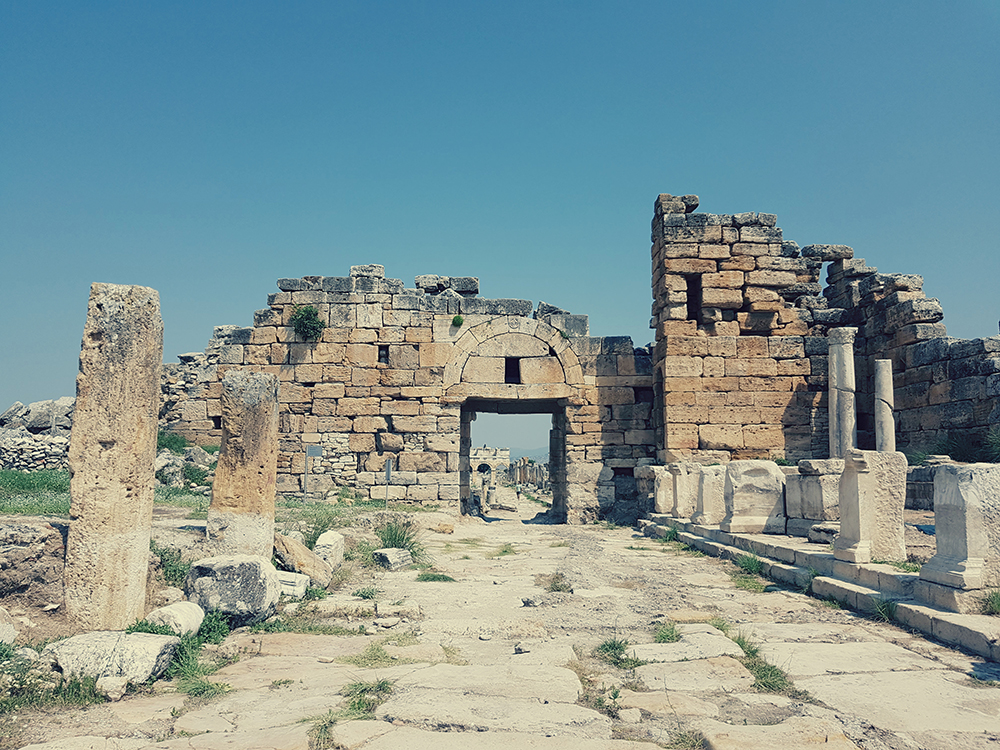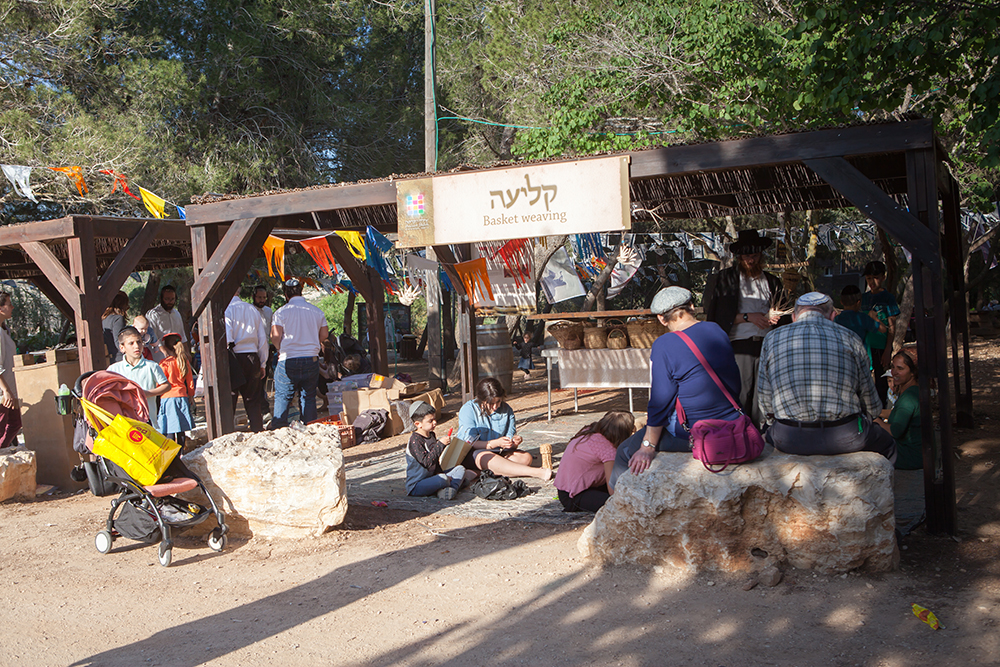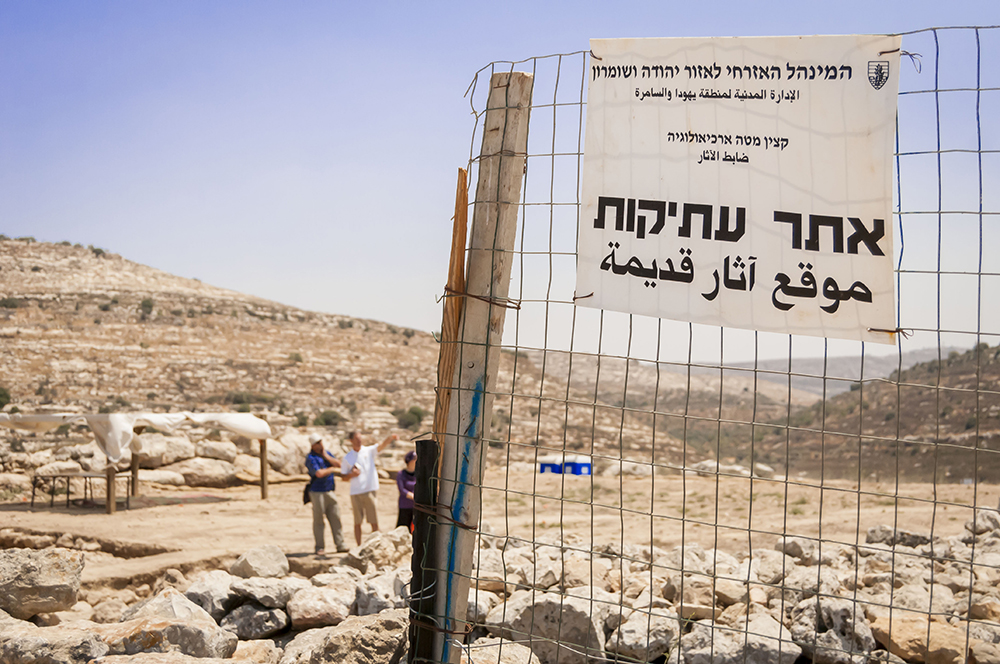About Us
We are a Bible-based and family-oriented fellowship (church) located in Auckland, New Zealand.
We are not your typical church.
Why? Because we focus on understanding the Bible in its original context. For us to understand the beauty of Biblical stories, people, events and places, we need to read the Bible in the way its authors and God intended it to be read. What were they trying to communicate to their original audience? How would they have understood it? These are the kinds of questions we should be asking whenever we read Scripture so that the integrity of the context, culture, and language are preserved.
Failing to read the Bible with a proper perspective creates a breeding ground that is ripe for misinterpretation and doctrinal error. If you want to expand your Biblical knowledge and learn how to apply Biblical truth to your life in this modern and ever-changing world we are living in, then we would love to connect with you.

We believe Jesus Christ (Yeshua) was fully man and God while walking the earth 2000 years ago. We believe in His virgin birth, in His sinless life, in His miracles, in His death that paid for our sin through His shed blood, in His bodily resurrection, in His ascension to the right hand of the Father and His return in power and glory.
Why is our name Shiloh Ministries?
In the Bible, Shiloh (שִׁילֹה) is the name of a place, a person and a promise with Biblical roots. Due to the prophetic relevance of Shiloh and what happened there, we decided on the name Shiloh for our ministry and fellowship.
The meaning of Shiloh
Shiloh is an ancient Hebrew word and appears to mean “He who is to be sent” (John 17:3), “the Seed” (Is 11:1), the “Peaceable or Prosperous One” (Eph 2:14). It is also linked to the concept of "Heavenly Peace" and is referencing the Messiah Yeshua, Jesus Christ (Is 11:10; Rom 15:12).


Shiloh in the Bible
Prior to Shiloh’s coming, the tribe of Judah would continue to maintain power and strength, signified by the scepter—the symbol of authority and rule of law. This first began in David, who was of the tribe of Judah. When Shiloh (the Messiah) came, the scepter of rule over Israel departed from Judah and rested in the hand of the King of Kings, where it remains today.
The word Shiloh appears about 33 times in the Old Testament and all but one usage refers to an area of Israel. The one time it refers to a person, it references the Messiah (Jesus Christ). The first mention of Shiloh is found in Genesis 49:10 which is the verse in which Shiloh is used as a Messianic prophecy.
Shiloh as a Person
On his deathbed, Jacob spoke blessings to each of his sons (Genesis 49:10). These blessings portray the future history of each son and each of the 12 tribes of Israel. He blesses Judah with this prophetic word: “The scepter shall not depart from Judah, nor the ruler’s staff from between his feet, until Shiloh comes, and to him shall be the obedience of the peoples.” Here, Jacob is referring to a person, the person who would bring peace and tranquillity, the Messiah. The blessing on Judah and his tribe contain several elements. For one thing, his descendants would be strong and receive the praise of the other tribes of Israel (v. 8-9). This was fulfilled in David, a strong and mighty warrior and king, and ultimately by the Messiah who came from the line of Judah. This blessing over Judah is likely a prophecy concerning (but not limited to) the coming millennium. It will be a time of peace (Micah 4:2-4; Isaiah 32:17-18), joy (Isaiah 61:7, 10), comfort (Isaiah 40:1-2), and no poverty or sickness (Amos 9:13-15; Joel 2:28-29).
The Messiah, the coming saviour will come into power from this line (Judah) and will continue to rule forever. This Ruler will then be honoured by all nations. This passage ties into the New Testament as Jesus refers to Himself as, “Jesus Christ whom you have sent” (John 17:3). Romans 15:12 references this passage as a ruler who “arises to rule the Gentiles,” and the Apostle Paul also writes in Ephesians 2:14 that Christ, “Himself is our peace.” All three of these passages have roots in “Shiloh.”
Shiloh as a Place
The name Shiloh might derive from shālâ, “to be at ease,” and would mean something like “the peace-giver”, pointing to the work and life of the Messiah. However, a great linguistic debate continues to this day about the precise meaning. The Messiah was sent by the Father to die for the sins of the world, enabling those who believe in him to partake in true peace. When the Messiah returns the second time, he will usher in heaven's peace and establish his everlasting kingdom in great power and majesty. We are looking forward to the fulfilment of this promise.













